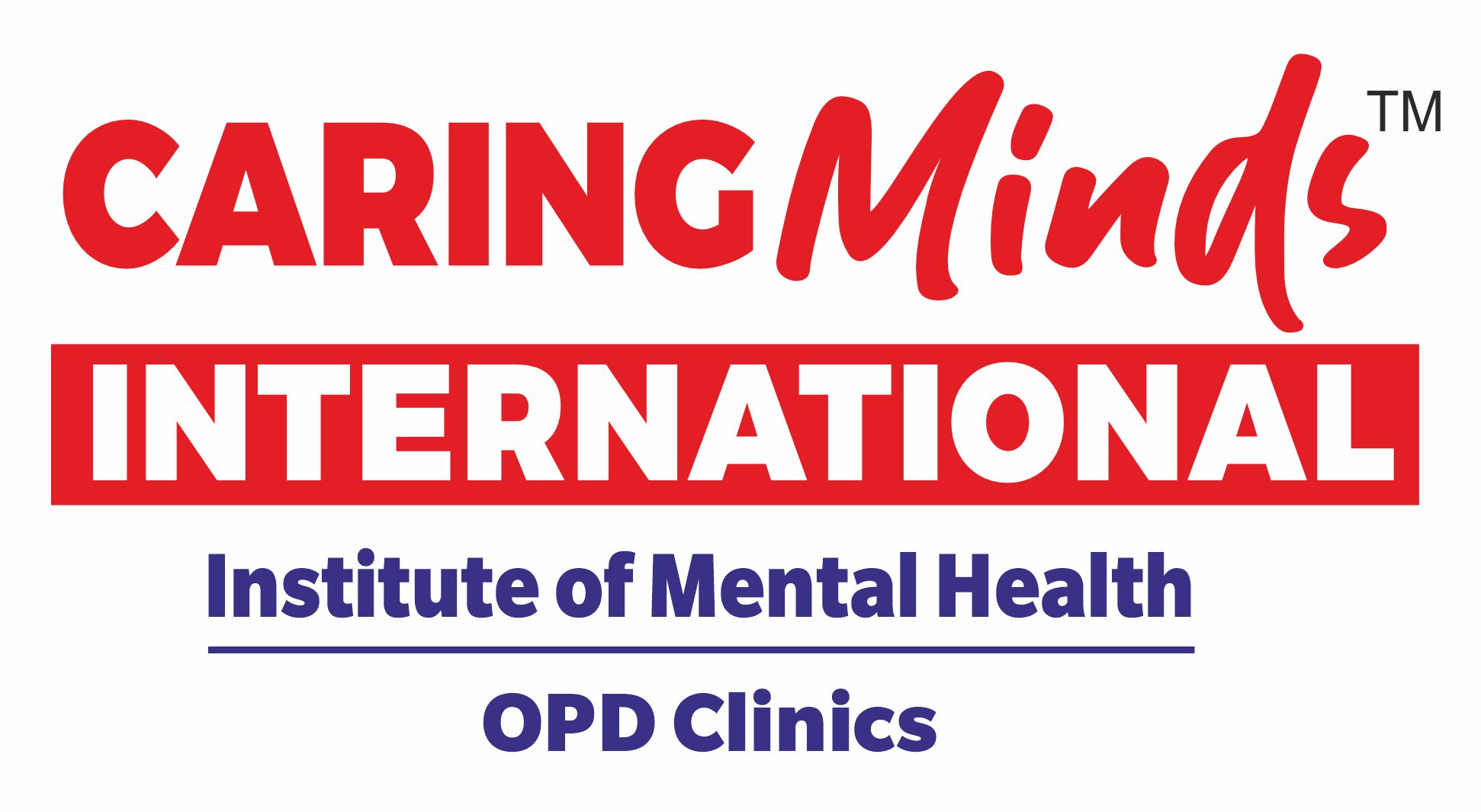All relationships and families go through difficult times and experiencing occasional problems and conflict in personal relationships is normal. However, sometimes these problems can become overwhelming. and the failure of a relationship is often a source of great psychological anguish. While there are many different types of problems that can plague a relationship, there are some common issues that many modern couples deal with at one point or another in their relationship, especially if they have been together for a long time like infidelity, jealousy, sexual problems, communication gaps & inability to strike a balance between personal & professional life. Treatment helps the client understand, idntify & analyse the problems in the relationships & find solutions for a happier life.
Worried that your relationships might be at stake?
- Have you lost the spark in your relationship like before?
- In recent past have you been spending less time with each other ?
- Does all your differences in opinion result in fights and arguments?
- Have you stopped sharing the same bed with each other?
- Do you both talk only when it is required?
- You don’t seem to remember when was the last time you got intimate with each other?
Treatments, we provide that can help you:




